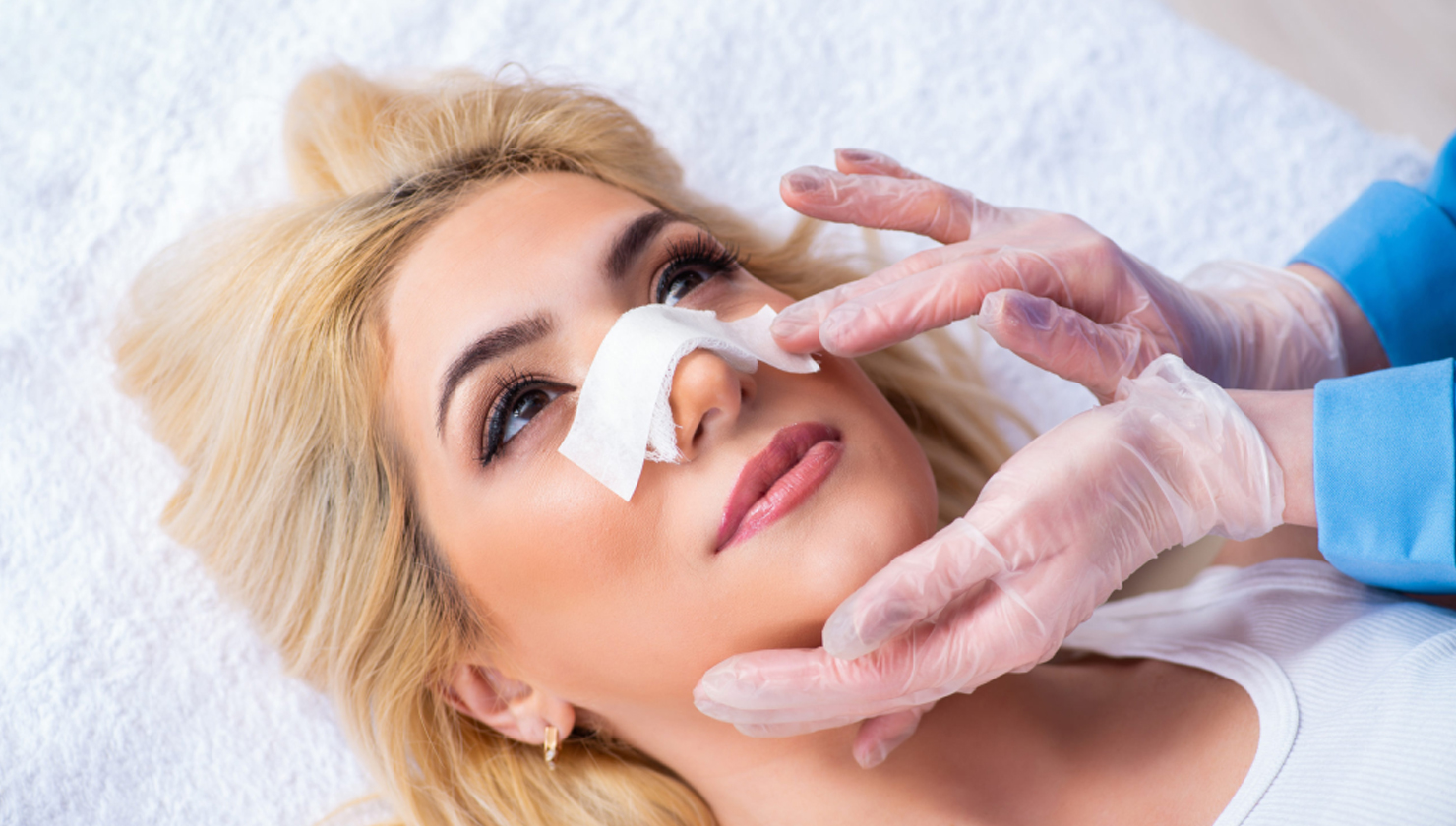Generally, candidates for rhinoplasty should have reached facial maturity, be in good health, and not smoke. They should also have realistic expectations about the procedure’s outcomes and be emotionally mature enough to understand the process.
According to Dr. Illich Navarro the founder of Tijuana Rhinoplasty, one of the most common cosmetic procedures in the world today is rhinoplasty. In the United States alone, over 220,000 Rhinoplasty procedures are performed each year.
Getting the best possible results depends on how carefully the patient follows the care instructions given by the doctor. Knowing about the Rhinoplasty pre-op checklist and rhinoplasty post-op essentials would help meticulously prepare for the nose surgery and ensure a faster recovery.
However, before going through the rhinoplasty checklists, it is essential to understand the Rhinoplasty eligibility criteria. Why is this important? It is crucial because not everyone is qualified to get a rhinoplasty.
So, Are you qualified to get a rhinoplasty?
Going for rhinoplasty is a very personal decision and an individualized surgical procedure. If the motive behind going for rhinoplasty is non-cosmetic, then decision-making is easier.
However, if you’re considering going for rhinoplasty for cosmetic purposes, improving facial aesthetics and harmony, and boosting your confidence, decision-making can be confusing and even frightening at times.
Here are a few factors that determine if you’re a good candidate for Rhinoplasty:
- Do it for yourself and not for someone else or to fit into the expectations of others. Be 100% sure!
- For younger patients, you’re a good candidate for Rhinoplasty only after you have stopped growing. Boys mature later than girls, so be prepared to be asked to be patient if you present to a surgeon too young.
- Ideally, smokers can have trouble with the Rhinoplasty procedure as smoking is not allowed pre and post-surgery. If you don’t smoke, you’re good candidate for nose surgery.
- You need to be a pragmatic and realistic when it comes to the Rhinoplasty procedure. Don’t have unrealistic or exaggerated expectations from the Rhinoplasty procedure and about improving your facial appearance. Rhinoplasty helps with enhancing facial harmony and appearance but to a limited extent. The outcome of the nose surgery should be balanced well with other facial features.
- You’re physically and mentally fit.
Knowing these factors would make it easier to self-determine if you’re the right fit for the nose surgery. Any air of confusion around the Rhinoplasty eligibility criteria can be further cleared by consulting with Dr. Illich Navarro.
Rhinoplasty Pre-Op Checklist:
- Are you choosing to go for rhinoplasty at the right time?
- Have you chosen the right surgeon for rhinoplasty surgery? Are they qualified and experienced enough?
- Medical insurance rarely covers the cost of a Rhinoplasty procedure? If not, can you financially support the pre and post-surgery expenses and surgery costs?
- Where does the rhinoplasty procedure take place? Is it a licensed hospital or medical care facility?
- Are you a smoker? Can you stop smoking for weeks before and after the surgery until the healing completes after the surgery?
- Do you have a realistic approach towards the rhinoplasty procedure and its outcome?
- Have you consulted thoroughly with the surgeon about the rhinoplasty risks?
- Avoid anti-inflammatory, non-steroidal medications, herbal supplements, estrogen supplements, garlic supplements, green tea, green tea extracts, birth control medications. Don’t take common pain relief medicines like Ibuprofen, Aspirin, and its substitutes.
- Use SPF 30 and above to avoid sun damage, starting two weeks before the rhinoplasty.
- Fast from the night before the surgery. Don’t drink or eat anything.
- Don’t drive to the hospital on your own. Arrange for someone you know to take you to the hospital where surgery is to take place.
- Don’t wear jewelry.
- Avoid wearing contact lenses. You will not be able to wear eyeglasses that place pressure on the bridge of your nose after surgery.
- Do not wear any makeup, lipstick, or nail polish.
- Take leave from work for 10-14 days and arrange for support following the surgery, including childcare, driving, shopping, housework, etc.
- Arrange someone to be around you for the first couple of days following the surgery.
- Don’t stress too much over the surgery and its outcome. Consider mindfulness practices or stress reduction to help you.
- Wear clean, comfortable, and loose-fitting clothes on the day of surgery.
- Arrange for someone to cook food for you or deliver your food following the surgery.
- Stock up on post-surgery medications like tylenol and ibuprofen, nasal saline sprays, and possibly prescription medications. (after consulting with the surgeon) and food (fruits, tea, fruit juices, etc.)
- Take a shower night before the surgery, hydrate, and fast for 12 hours before the surgery.
- Dr. Navarro may ask you to get several blood tests done before the surgery.
- Avoid using skincare creams on your face at least four days before the surgery.
- Don’t drink alcohol before the surgery or at least four days before the surgery.

